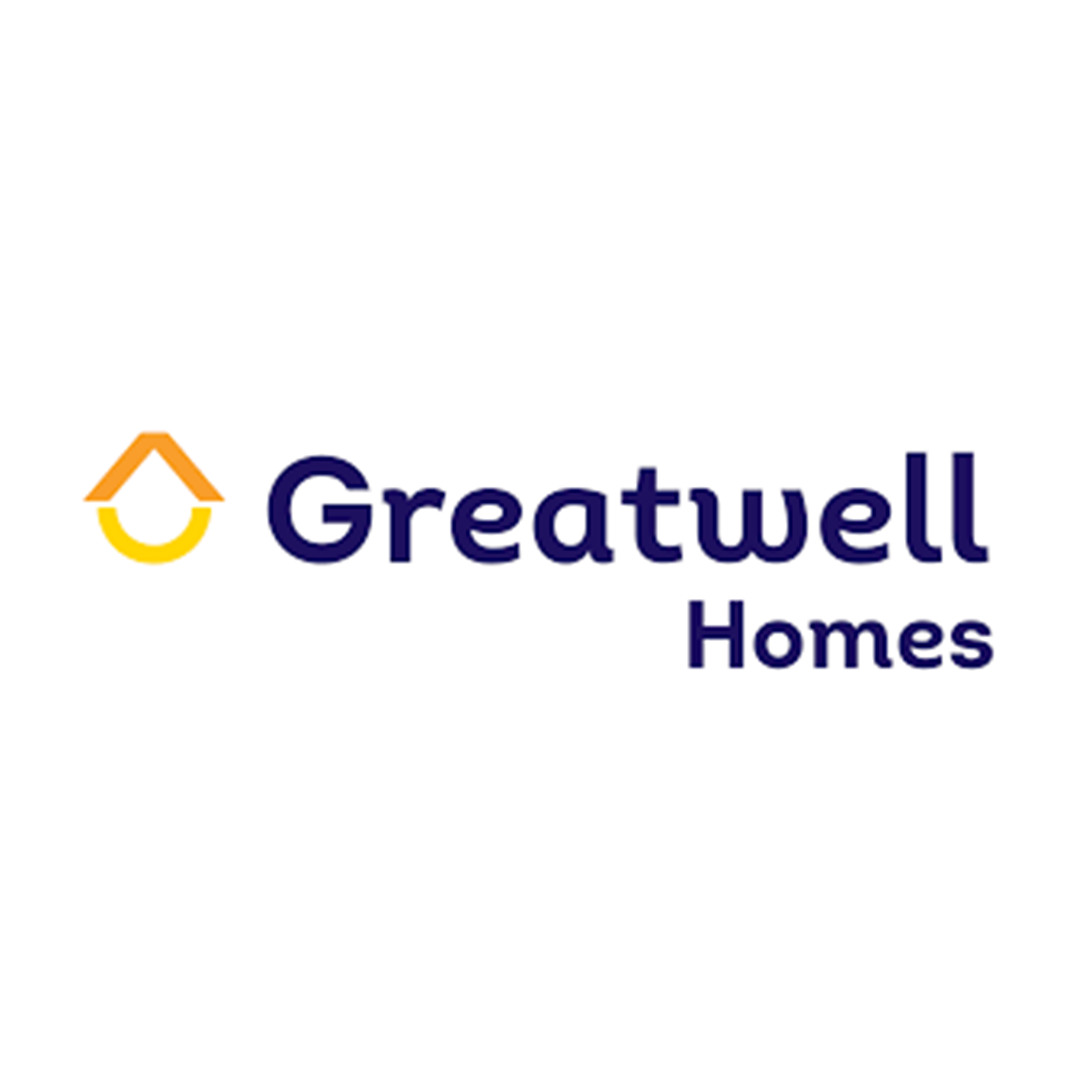Why do we use AI
Why do we use Machine Learning (ML)?
ML is a type of AI that makes predictions and continually learns from self-improvement and past experiences. It helps to solve complex problems through evidence-based decisions, i,e, past recommendations.
Why do you implement Behavioural Insights (BI)?
How is AI, ML and BI integrated into Caseload Manager?
In practice, a risk score is applied to each tenancy, based on certain characteristics e.g., tenure type and length, account balance, escalations. Caseload Manager utilises this information to recommend appropriate interventions for each tenant case. It automates communications for cases that don’t require valuable officer time for review. This approach ensures that officer time is maximised for cases that necessitate manual intervention. Furthermore, it suggests the most effective method, message, and time to deliver this message to the tenant for the highest impact. Importantly, Caseload Manager then learns how impactful that engagement was and may change for future to be even more effective and efficient. Caseload Manager regularly ingests and analyses fresh resident data, it is continuously learning and becoming more intelligent over time, ensuring the best outcome is achieved for each individual tenant.
Does Voicescape use AI ethically?
Yes. At Voicescape, our algorithms undergo rigorous testing and training to minimise biases, which could occur in legacy "rules-based" systems where rules are coded by humans, with all the inherent limitations that approach entails. Caseload Manager provides recommendations, not decisions, allowing human oversight. The system focuses on safeguarding tenants and aligns with UK GDPR and Data Protection Act. Voicescape is committed to transparency, fairness, and responsible AI use in rent arrears management, with the tenants’ best interests always being a top priority.
How does Caseload Manager save my team time?
A major benefit of Voicescape's suite of engagement solutions is that they automate many manual tasks, for example, finding usable contact details for tenants and telephoning them to discuss arrears or other issues.
Live Example:
Greatwell Homes noted that with Caseload Manager, they can carry on as normal even if there are issues with their other systems. It helps them to manage staff absences better too. This is mostly due to the automation opportunities, meaning messages can be sent to tenants without disrupting the flow of other agents. It is important to state, that Caseload Manager was not created in the hopes of replacing FTE’s, but to help them get through ‘mundane’ tasks so that they can focus on higher level tasks.
Read more on our dedicated blog post: 3 Reasons Social Housing Landlords Are Switching To Caseload Manager In 2023 (voicescape.com)How does Caseload Manager improve engagement?
Achieving higher engagement rates with tenants is key to improving lives, as it’s less likely to result in arrears. But this can be difficult when the workload is already piling up.
Live Example:
Greatwell Homes has reported that since using Caseload Manager’s recommendations, they’ve experienced a 60-70% call-back rate from messages – demonstrating that if the messaging is right, you can boost your tenant engagement.
Furthermore, in 2022, Shepherds Bush Housing Group seamlessly implemented Voicescape Feedback, enabling them to effectively manage growing resident expectations. They found it to be a quick and user-friendly solution that’s preferred among residents due to its voice-led feature. Although it’s still early days, preliminary results indicate a significantly higher response rate (65%) when residents can provide feedback through voice rather than text.
Read more on our dedicated blog post: Shepherds Bush Improves Efficiency & Resident Relations With Feedback (voicescape.com)
How does Caseload Manager differ from other products on the market?
- It incorporates income analytics and engagement in one ecosystem, mitigating 'swivel chairing'. Furthermore, it integrates with a number of systems, such as HMS's and Freeform SMS.
- Machine learning ensures that Caseload Manager always uses the latest data, therefore making the most relevant recommendations and learning from the tenant's behaviour over time, minimising bias. This continuous learning and adaptation are key features of ML that enhance the effectiveness of Caseload Manager.
- More accurate caseload for managers – up to 65% less cases required for officer review compared to previous rules-based legacy analytics systems.
- Customer success! We have many proven cases of customer success, which can be accessed in our Blog space.
Will Caseload Manager replace jobs?
Voicescape Caseload Manager has been created with the view of improving caseload management of rent arrears and making the process more efficient. With these efficiencies, organisations find themselves with more time and money to work on higher level activities with existing teams. This ensures that officers can get through their weekly caseload, thus, reducing rent arrears proactively. With existing customers, we have seen that FTE's have been retrained to provide specialist services. Our vision is to help provide a better way of working for organisations at a high level, whilst also making the daily tasks of officers more efficient and effective.
Why do we talk about Risk V Rules?
Income collection in social housing has for many years followed a rules-based methodology: when a tenant falls into arrears, it triggers a series of responses or actions escalating in urgency over time. However, this is very linear and inflexible shown by the following example. A tenant who defaults once but has previously paid on time every month clearly shouldn’t receive the same treatment as one who regularly requires intervention.
A risk-based approach, on the other hand, reviews individual resident profiles and behaviours on a case-by-case basis. Doing this enables you to identify the most effective and relevant next step for each tenant. It also offers a more proactive and flexible way to deal with the ever-changing dynamics of social housing.
The analysis of Risk is relatively new and innovative in the Social Housing Sector, and, it is a well established concept in the financial services sector. We are working towards helping our sector achieve better organisational outcomes.
What are Voicescape’s data security and data protection credentials?
We are ICO registered and only operate with ICO registered suppliers and process data in the UK or within the European Economic Area (EEA). We are UK-GDPR compliant. We are Cyber Essential Certified and subject to both internal and external security testing.
References: who else is using Voicescape’s technology, and can I get references?
How can I talk to someone at Voicescape?
Ask a question
Please complete this form, and we'll get in touch with you as soon as possible.
Fill in the form below if you'd like to ask us something!
Learn more
If you have any questions about any of our services, contact us and we’ll be in touch.





